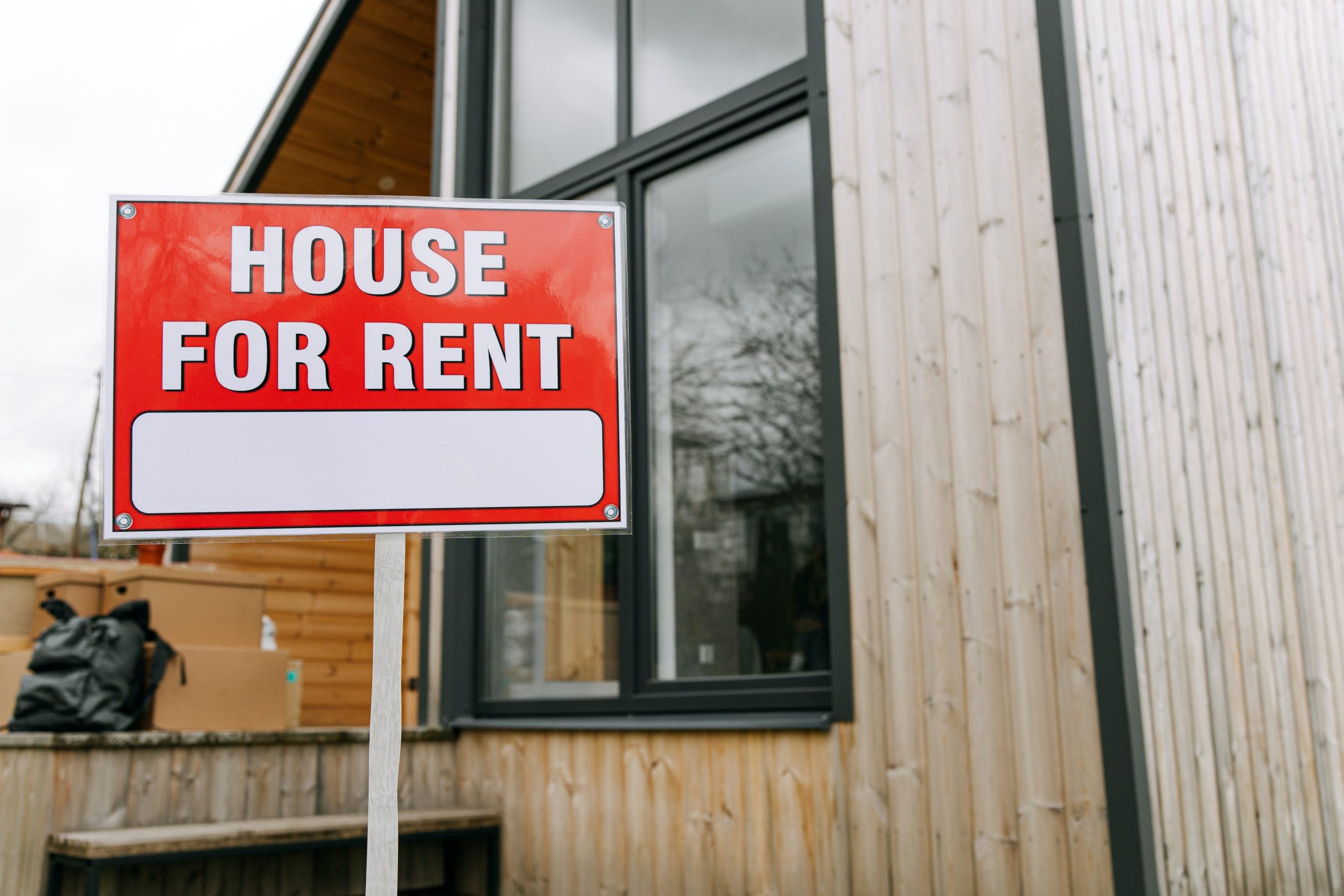
Due to market oversaturation, reduced stress, and steadier income, many landlords are transitioning their vacation properties to long-term rentals. (For a more detailed look at the factors to consider, see our post on Why are People Converting Vacation Rentals to Long-Term Rentals?) Once a property owner decides to convert his property, what’s next? How can he cost-effectively switch to a long-term rental strategy? Read on for some tips and next steps.
Prepare the Unit
While any renter will seek certain basic features in a rental home, long-term tenants’ needs differ from those of short-term vacationers. Colorful, themed décor might be fun for a brief stay, but long-term residents will prefer a neutral palette. Long-term tenants will also require a washer and dryer, which travelers can often do without. Consider offering an unfurnished unit since many long-term tenants will have their furniture. Long-term renters are looking for a place to call home, so they’ll be drawn to convenient, well-maintained properties.
Do Your Research
Different regulations apply to long-term rental properties than vacation rentals, so become familiar with any new rules you’ll need to follow. Since your insurance requirements will change with a long-term lease, check with your insurance carrier to ascertain your policy is a good fit. Before setting your monthly rent, research the market to make your prices competitive with similar units in the area. Rent that’s too low won’t turn a profit, but a unit that’s priced too high will sit vacant.
Draft a Lease
As a starting point, determine the length of your initial lease term. A three- or six-month lease might let you tiptoe into long-term leasing, whereas a twelve-month lease will lower turnover costs. Once you’ve set the lease length, draft a lease that complies with local laws and lays out the landlord’s and tenant’s rights and obligations. Many lease templates are available online, but ensure your final document covers all the rules that apply to your property.
Find Tenants
Finding tenants for a long-term rental is more involved than filling a short-term vacation home. You’ll need to market the property differently to reach the right audience. Consider implementing a referral program or connecting with local real estate agents. Once applications start arriving, you must screen applicants thoroughly before selecting a tenant. Check each applicant’s credit, housing record, employment history, and criminal background to establish whether the renter fits your property well.
If you don’t live near your rental unit, remember you can manage many tasks virtually or through a local friend or colleague. Preparing your property to become a long-term rental will take some up-front effort. But the decreased turnover and increased income stability may be worth it.
About Rentals America
Rentals America provides full-service property management for residential rental properties. Our team is completely dedicated to property management, and we’re here to help landlords navigate the rental market.








